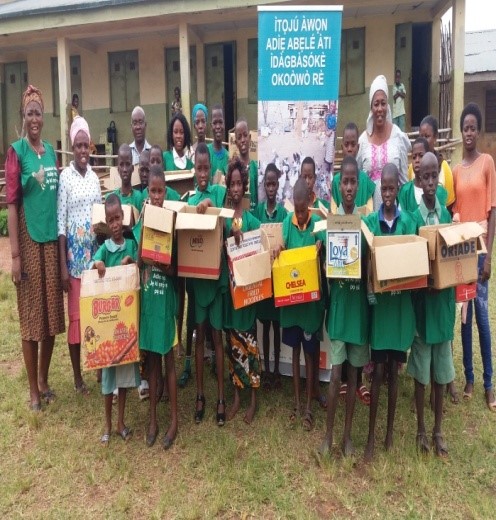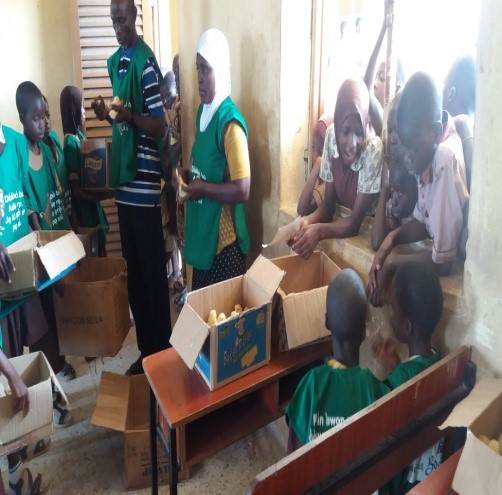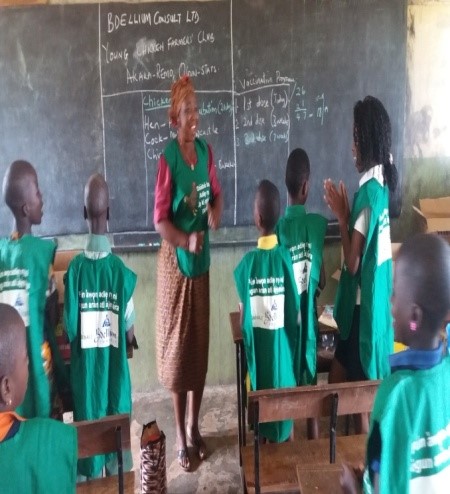
Introduction
Once upon a time, in the bustling land of Nigeria, agriculture was the king. Fields were lush, and the economy thrived on the fruits and animals of the land. But then, in the late 1950s, a new king was crowned: crude oil. This oily monarch lured many away from the farms, and agriculture slowly withered under its greasy reign. The once-vibrant farming community grew older, their marketing systems creaked with age, and their support networks crumbled like stale bread. Recently, with instability in the global oil market, prices sometimes take a nosedive, it has become clear that putting all our eggs in one oily basket was a bad idea. Enter the Federal Government of Nigeria, waving banners of several agric. policies like the Agricultural Transformation Agenda (ATA), Agriculture Promotion Policy (APP)and many others, trying to win back the love of the fields and forests, and get the youth excited about farming again.
The Challenge
Imagine a community where most farmers are old enough to have farmed with dinosaurs (okay, not quite, but you get the picture). Young folks are moving to the city, leaving a yawning gap in Nigeria’s agricultural productivity. This isn’t just a local drama—it’s a national issue that could affect the entire country’s food security and economic stability. It’s high time to bring some youthful energy back to the fields.
The Young Chicken Farmers Club (YCFC) Initiative
To tackle this issue, Bdellium Consult Ltd. (BCL), with a little help from their friends at the Global Alliance for Veterinary Medicine (GALVmed), hatched a plan: the Young Chicken Farmers Club (YCFC). This initiative aims to make poultry farming as cool as a TikTok dance challenge, rekindling interest in agriculture among young people and showing them that farming can be a clucking good business.
Objectives
The YCFC initiative set out to:
- Revive the charm of small-scale chicken farming among young children.
- Equip children with the skills to raise chickens like pros.
- Focus on pupils aged 9-12, with a thumbs-up from their parents.
- Boost farmers’ enthusiasm for vaccination and deworming practices.
- Increase the number of chickens strutting around Nigeria.
Methodology
Here’s how the program was rolled out in Ogun, Osun, and Oyo states in Southwest Nigeria:
- Selection of States and Communities: We picked Ogun, Osun, and Oyo based on their chicken-friendly vibes.
- Community and School Selection: Two communities from each state and two primary schools from each community were chosen, with help from Community Poultry Agents (CPAs) and school management boards.
- Participant Selection: The top three male and female Agricultural Science whizzes from primary classes 4, 5, and 6 were selected, totaling 216 eager pupils across 12 schools.
- Training and Support: Agricultural Science teachers and CPAs provided ongoing support, with BCL and GALVmed teaching the kids everything they needed to know about sustainable poultry management.
Training


The training sessions were hands-on and feather-friendly. Pupils learned to brood and manage chickens using simple, budget-friendly techniques. They made feeders and drinkers from household items (who knew a soda bottle could be so useful?) and used ethno-veterinary products like garlic and ginger paste to keep their flocks healthy. Each pupil received 20 day-old cockerels, and their parents joined in to ensure the chicks got top-notch care.
Outcome
The YCFC initiative brought a new flock of young farmers into the poultry business. Although only 33.33% of the pupils managed to raise their chickens to market weight, the program sparked a significant interest in small-scale poultry farming within the communities. Challenges included disease, theft, and high chick mortality, but the benefits of supplementary income and tasty, home-grown protein were undeniable.
Conclusion and Recommendations
The YCFC program showed that with proper training and support, young people could successfully engage in poultry farming and inspire others in their communities. To keep the momentum going, it’s recommended to integrate smallholder chicken farming into the primary education system. Additionally, promoting cost-effective, simple technologies like NDi2 vaccination and ethno-veterinary products can boost productivity and sustainability in small-scale poultry farming.

